Sean ‘Diddy’ Combs, a prominent figure in hip-hop and entertainment, is facing a significant blow to his reputation following startling allegations regarding his notorious “freak-off” sessions.
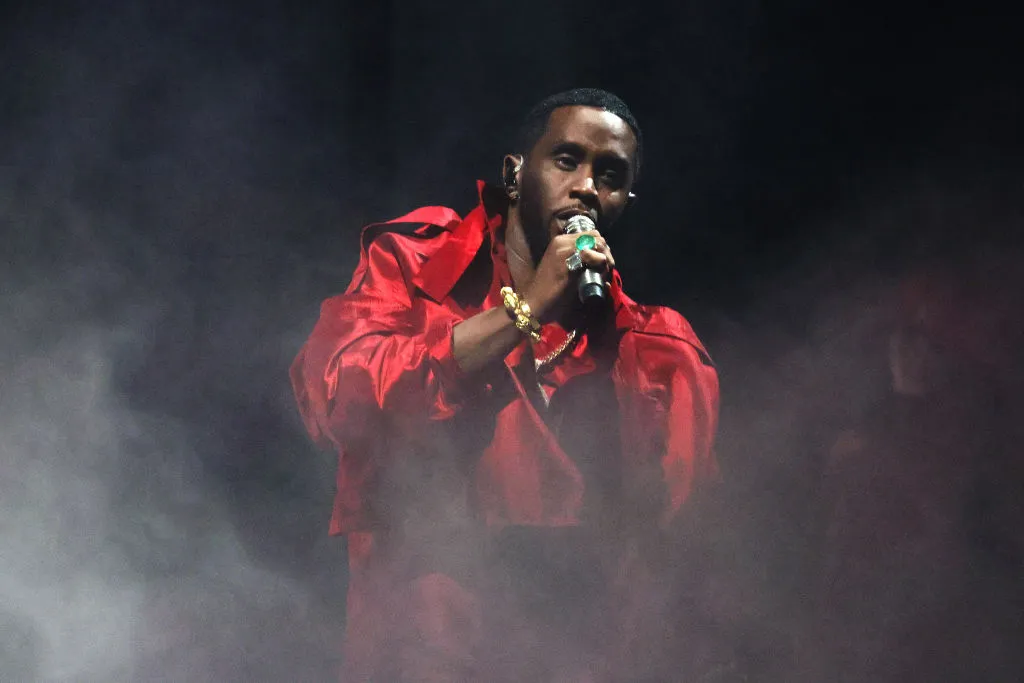
Insider allegations suggest that these infamous parties operated under a strict rule: no woman weighing over 140 pounds was allowed entry.
An organizer who claims to have collaborated with Combs in 2004 and 2005 revealed to the New York Post that scales were reportedly stationed at the entrance to enforce this rule.
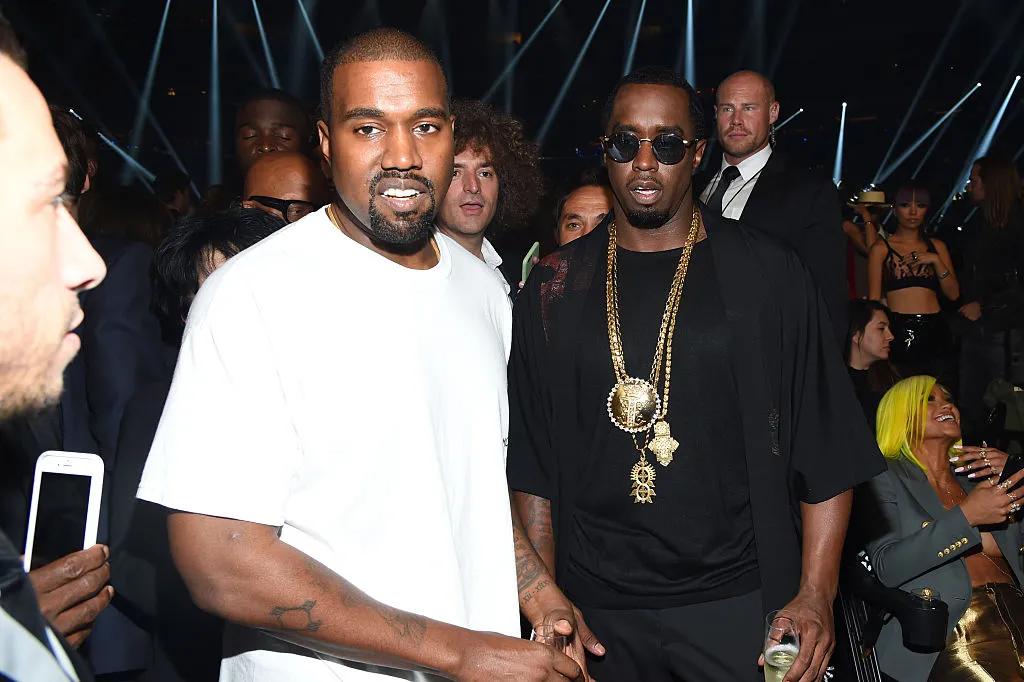
The organizer disclosed, “The girls had to be young and attractive, so I always kept a scale nearby to verify just in case.”
The weight limit wasn’t the only stipulation—Combs’ unconventional guidelines also mandated that the women be revealingly dressed, youthful, and attractive by any means.

Another rule for the parties? No visible “flab” or “cellulite.”
Women with short haircuts, prominent tattoos, or multiple piercings were turned away at the door.
The insider’s explosive allegations portray a troubling image of an industry icon who controlled his parties with an iron fist, demanding an unsettling level of perfection.

However, these parties weren’t solely about exclusivity; they harbored much darker secrets that have now emerged amid a wave of troubling accusations.
In recent months, over 120 women have stepped forward with distressing allegations against Combs, describing these parties as far from glamorous.
Attorney Tony Buzbee, representing many of these accusers, stated that Combs’ events frequently crossed perilous boundaries, resulting in serious consequences for those involved.

Buzbee’s clients include women who claim they were coerced into performing, with some allegedly transported across state lines for these events.
The lawsuit allegations suggest a pattern of exploitation, with Combs reportedly showing little regard for the ages or legal status of his guests.
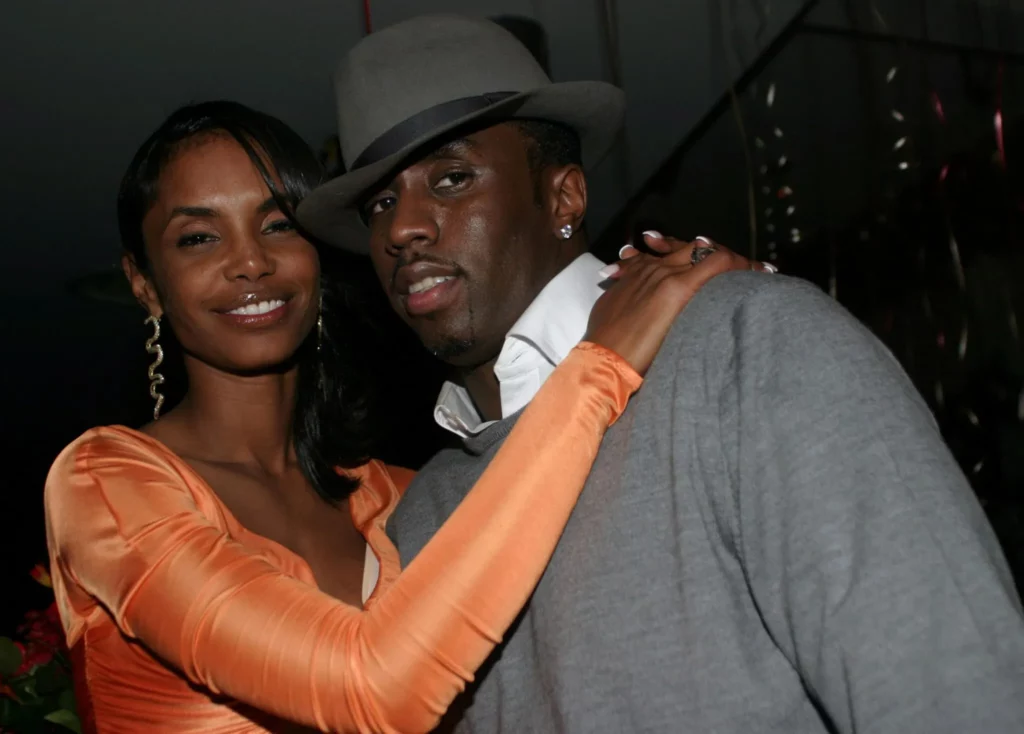
The organizer, reflecting on those parties, acknowledged that no one ever inquired about the women’s ages—an oversight she believed was related to legal drinking requirements.
However, she now understands that this oversight may have concealed more sinister truths about what transpired during those so-called ‘freak-offs.’
This isn’t the first instance of a high-profile music mogul facing intense scrutiny for their questionable treatment of women behind the scenes.
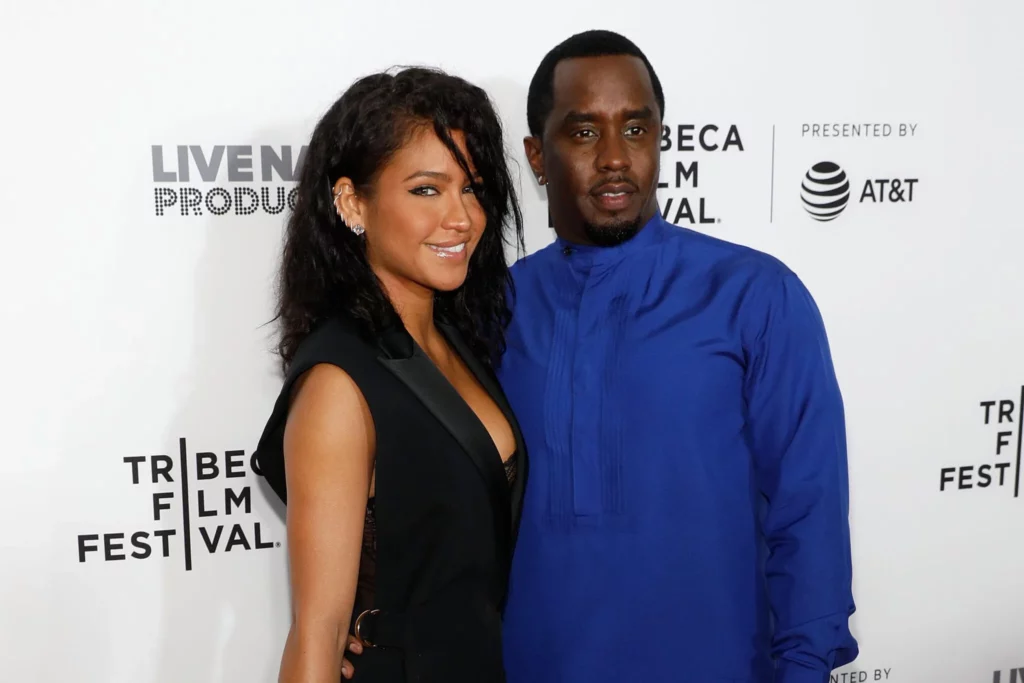
The music industry of the ’90s and early 2000s was characterized by a culture that glorified extravagant displays of wealth and power, with rap moguls like Combs at the forefront.
At the height of his career, known as ‘Puff Daddy,’ Combs was just as renowned for his exclusive parties as he was for his music.

His connections extended from Hollywood’s elite to industry insiders, and his after-parties became nearly as eagerly anticipated as the awards shows themselves.
Yet beneath the surface allure lay a concealed culture that allowed for unchecked behavior.
Combs’ “freak-offs” were frequently scheduled to coincide with industry events such as the MTV VMAs or the Super Bowl, attracting women eager for a glimpse into his lifestyle.

In the past, his parties were the subject of hushed whispers among insiders—known yet seldom discussed.
With fame came power, enabling him to maintain control over his image and, it appears, over the individuals who attended his events.

Although some party-goers dismissed the rules as simply part of the experience, the recent allegations expose the darker aspects of these gatherings.
But the twist? The organizer asserts that the demands extended beyond just age and appearance.
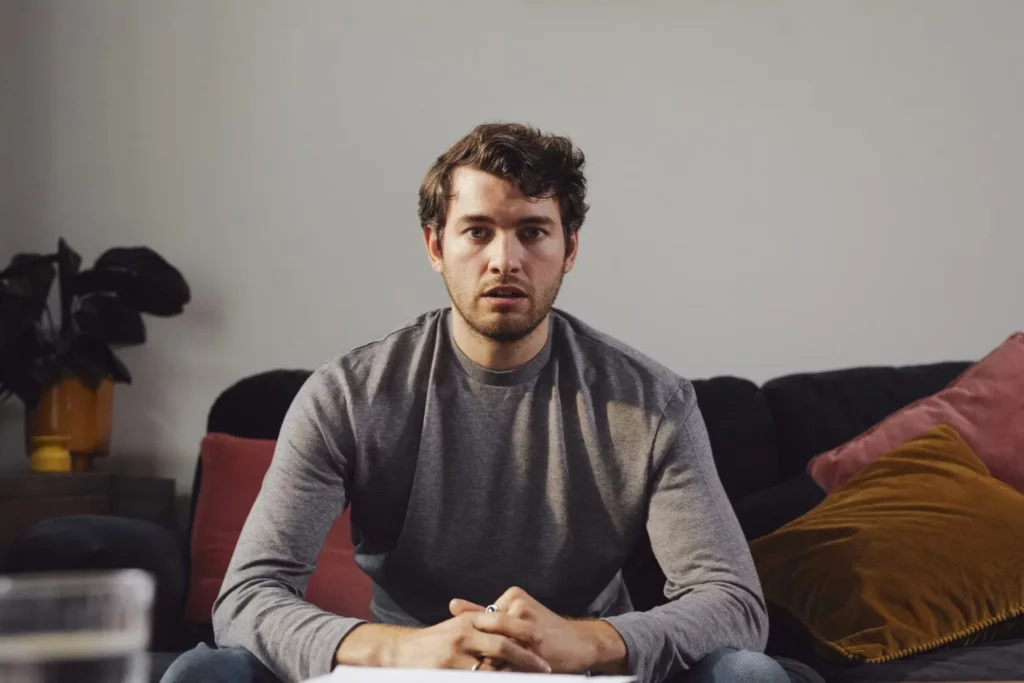
Every woman invited had to adhere to a dress code that left little to the imagination—form-fitting party dresses paired with mandatory high heels, ideally stilettos.
The rule was unwavering: no pants, no jeans, and no flat shoes allowed.
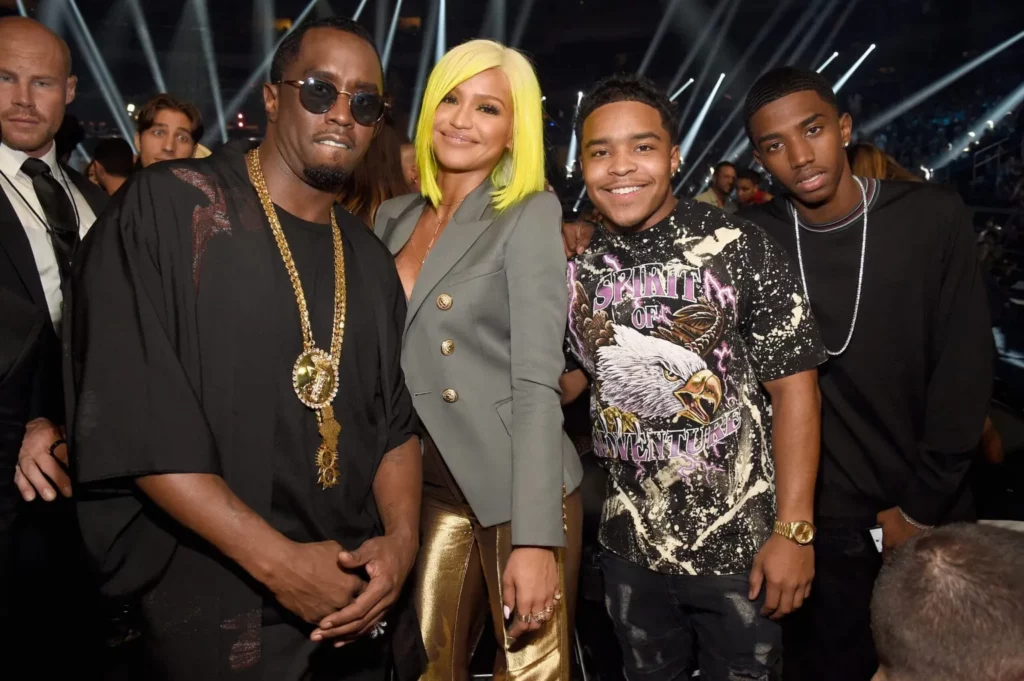
“Every girl was required to wear a party dress, preferably short and revealing cleavage,” the organizer stated.
Once inside, these young women encountered a starkly different reality than the glamorous parties portrayed by the industry.
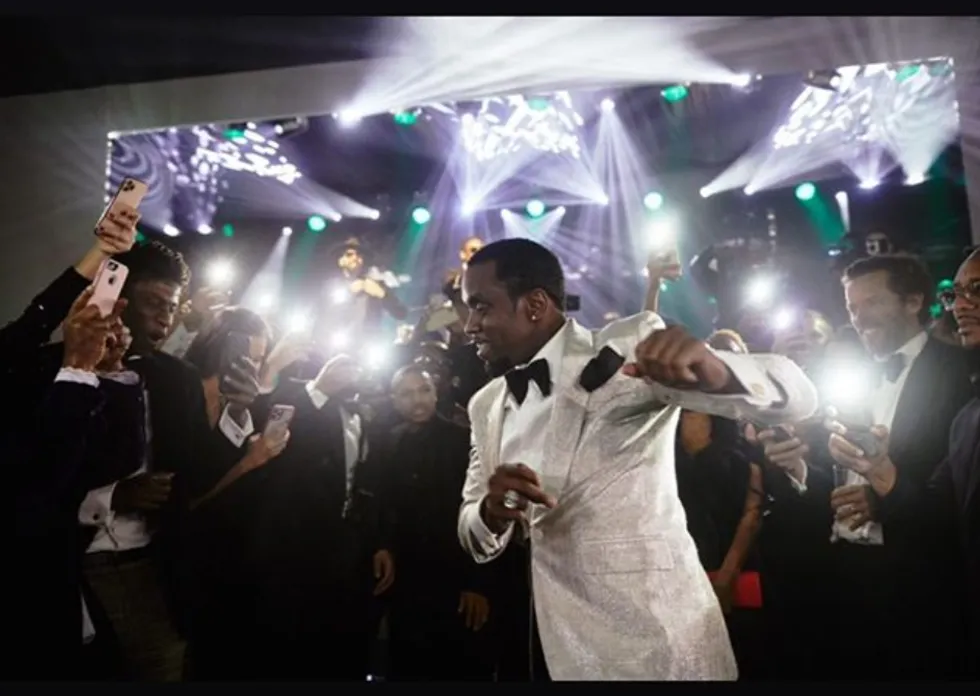
Another source, a dancer, recalled receiving a ‘shady’ offer after performing at Combs’ MTV VMAs afterparty in 2005.
She was offered an additional $1,000 to accompany him to his private residence but declined, sensing ulterior motives.

According to her, those who accepted the offer rarely discussed what transpired afterward, leaving lingering questions that would persist for years.
Fast forward to today, and Combs, once an untouchable figure in the industry, is confronting the greatest reckoning of his career.

His arrest on September 16 on charges including s3x trafficking and racketeering has sent shockwaves through the music industry.
His arrest on September 16 for charges including s3x trafficking and racketeering has reverberated throughout the music industry.
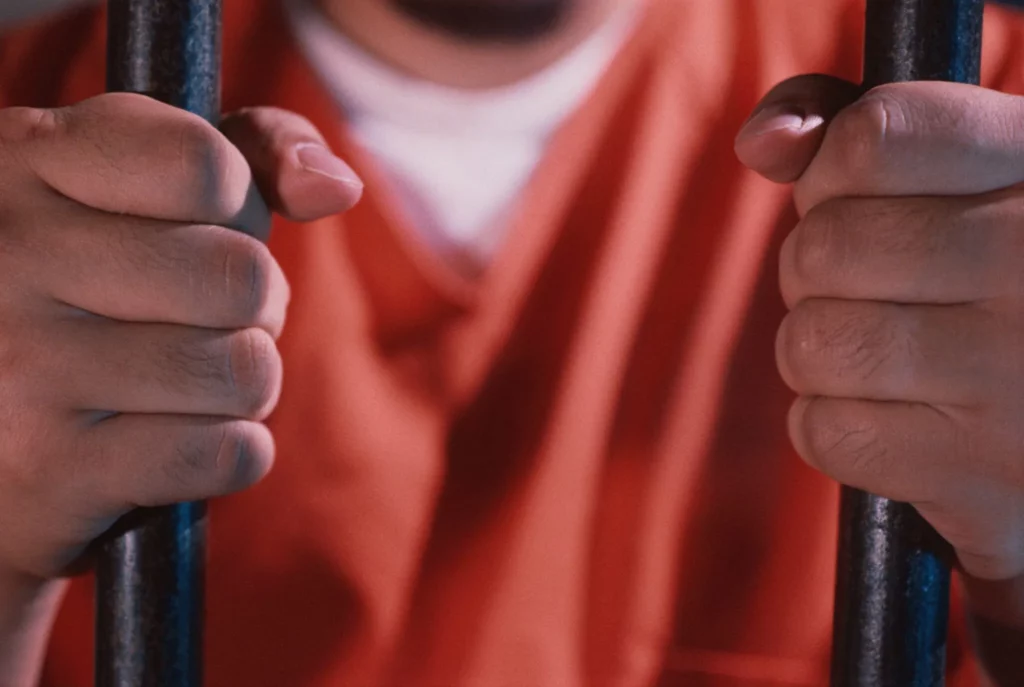
Combs maintains his innocence and has expressed his determination to contest the charges.
However, he remains in Brooklyn’s Metropolitan Detention Center, with his bail requests denied as the charges against him continue to accumulate.

If convicted on all counts, including racketeering conspiracy, s3x trafficking, and transportation with intent to exploit, Combs could potentially face a life sentence.
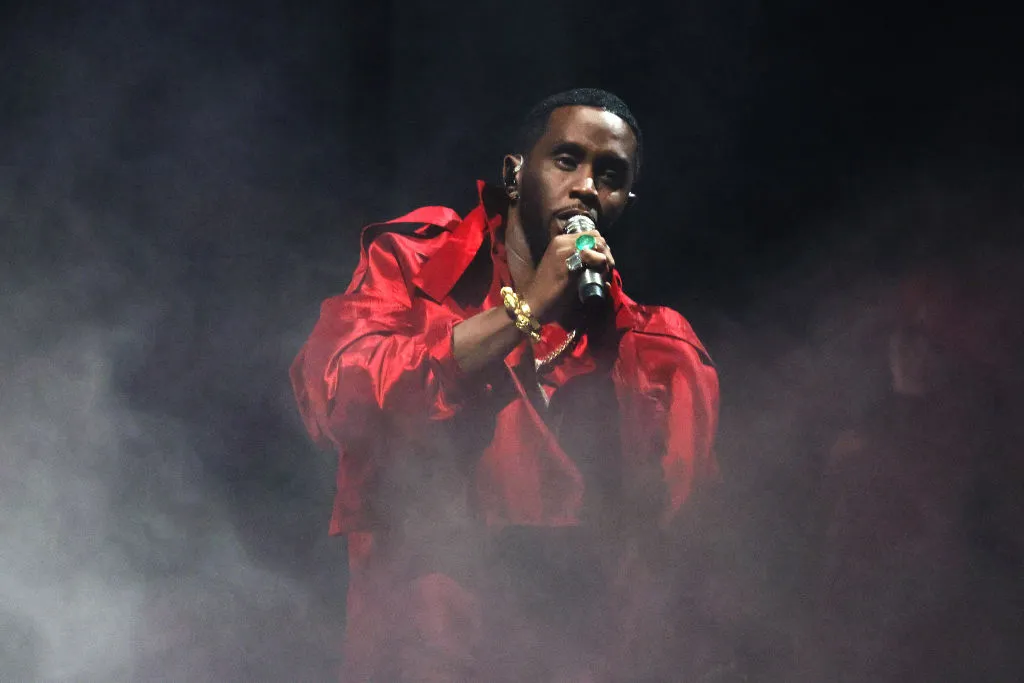
Diddy’s legacy, shaped by decades of fame and influence, may be irreparably damaged, and this case is poised to become one of the most highly publicized reckonings in music history.
As his accusers prepare to confront him in court, the focus will extend beyond the man himself; it will reveal an entire culture that once allowed him unchecked control over his empire.
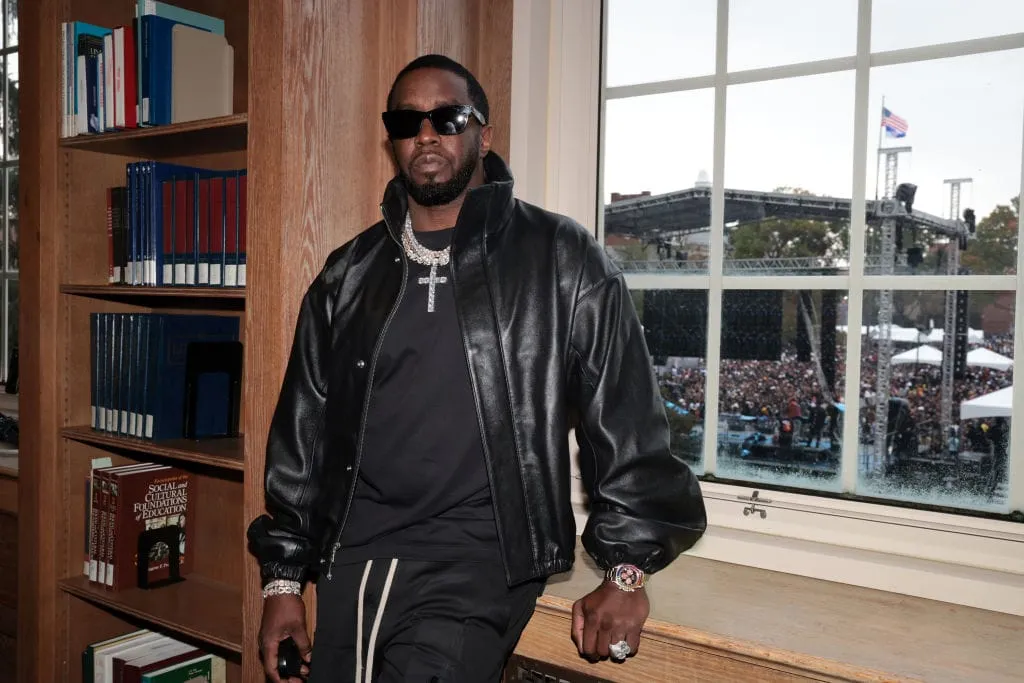
One thing is clear: as each new detail comes to light, the public is left questioning just how much darkness lay beneath the surface of Combs’ legendary lifestyle.
The forthcoming trial promises to unveil everything, signifying a seismic moment not only for Diddy but for the entire music industry.
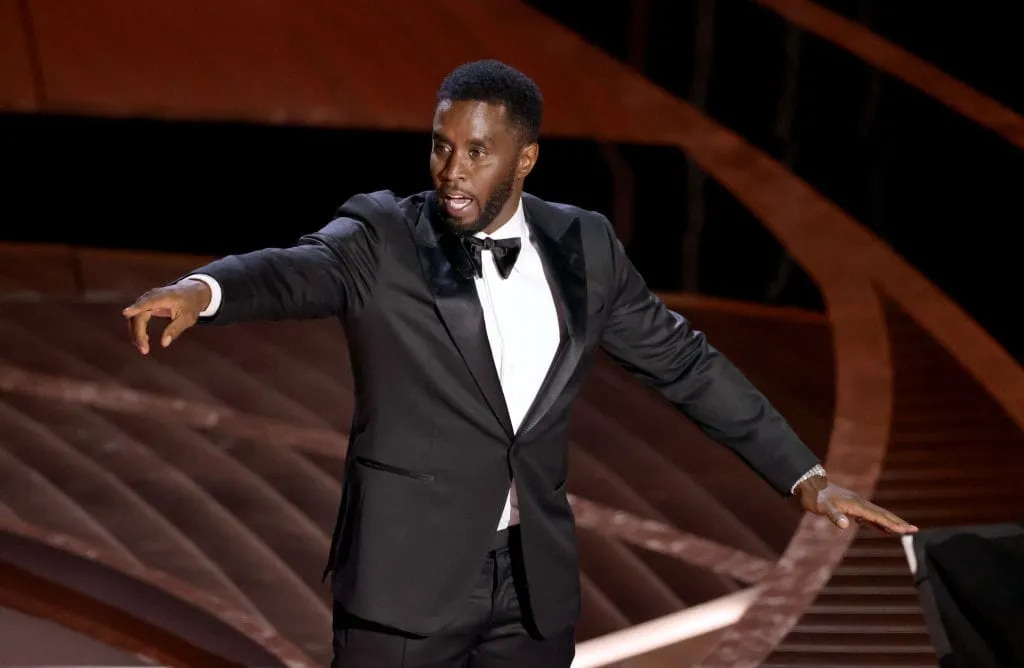
As more details emerge, a tarnished legacy and the fate of one of hip-hop’s most significant icons now hang in the balance.





